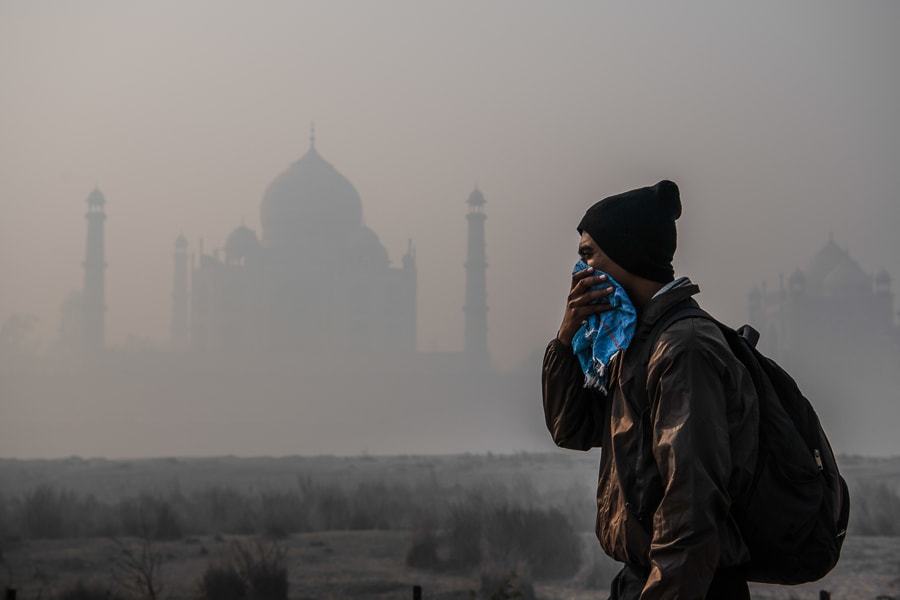Budget 2021: Rs 2,217 crore allocated for clean-air action
42 urban centres with million-plus population to benefit; vehicle scrapping policy another measure towards cleaner air


 Image: Avijit Ghosh/SOPA Images/LightRocket via Getty Images"‹
Image: Avijit Ghosh/SOPA Images/LightRocket via Getty Images"‹
In order to tackle the “burgeoning problem of air pollution”, Finance Minister Nirmala Sitharaman allocated Rs 2,217 crore for clean-air action in 42 urban centres with a million-plus population.
Sitharaman also announced a voluntary vehicle scrapping policy with an aim to reduce vehicular air pollution and encourage eco-friendly vehicles. “We are separately announcing a voluntary vehicle scrapping policy to phase out old and unfit vehicles. This will help in encouraging fuel-efficient, environment-friendly vehicles thereby reducing vehicular pollution and the oil import bill,” she said.
Stressing on ‘Swachh Bharat, Swasth Bharat’, the finance minister announced the strengthening of efforts to make India clean and green. She said the government intends to focus attention on waste water treatment and faecal sludge management, dumpsites’ bioremediation, source segregation of household waste and reduction in single-use plastic.
Preventive healthcare is the need of the hour, says Sumaira Abdulali, convenor, Awaaz Foundation. She adds that India is among the most polluted countries in the world today and preventing pollution is the way to prevent disease. “Despite the huge cost of Covid-19 in the last year, the budget for Urban Swacch Bharat Mission is only Rs 1.4 lakh crore for the next five years. Indian cities are among the most polluted in the world when it comes to air pollution and implementation is key. We will have to wait and see whether the pollution will be controlled. The Budget prioritises spending towards projects like new roads which create pollution and habitat loss. Prioritising infrastructure at the cost of environment will lead to more emissions, create greater biodiversity loss and pave the way for future pandemics.”
In Budget 2021-22, Sitharaman further announced an outlay of Rs 2.87 lakh crore for Jal Jeevan Mission for 4,378 urban local bodies (ULBs). The government also allocated Rs 4,000 crore to study the oceans and explore the oceanic biosphere. Sitharaman said, "Our oceans are a storehouse of living and non-living resources, to understand this realm we will launch a deep ocean mission with a budget outlay of over Rs 4,000 crore over five years.” The mission will cover deep ocean survey projects for the conservation of ocean biodiversity.
“It is encouraging to see that clean air action in cities with more than a million population and national level air pollution mitigation measures including scrappage policy for older vehicles, augmentation of public transport services, especially bus services, and waste management have found funding support in this Union budget. These can potentially lower emissions and save energy if properly implemented. While this contributes towards the agenda of green recovery it is not yet possible to judge how effectively these schemes and programmes are designed to make a difference. Details are not available. Going forward, a performance-based budget will become critical," says Anumita Roy Chowdhury, executive director, Research and Advocacy at Centre for Science and Environment.
First Published: Feb 01, 2021, 18:17
Subscribe Now